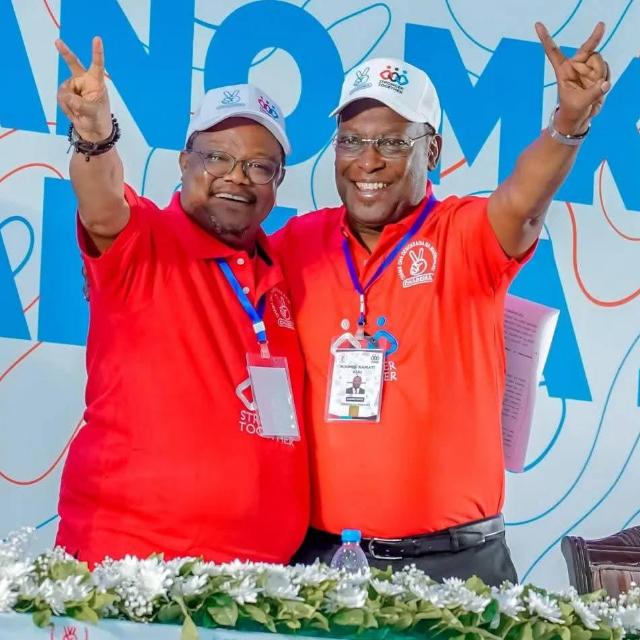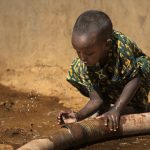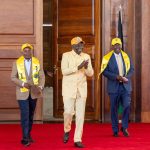On Tuesday, 22nd January 2025, Freeman Aikaeli Mbowe gave his final speech as Chadema Party Chairman. He was cheered by party delegates as he left the Mlimani City conference in Dar es Salaam, marking the end of his 21 years as the leader of Chadema. Mbowe’s two decades at the helm were full of political battles, betrayal, corruption claims, successful campaigns, and a strong push for democracy.
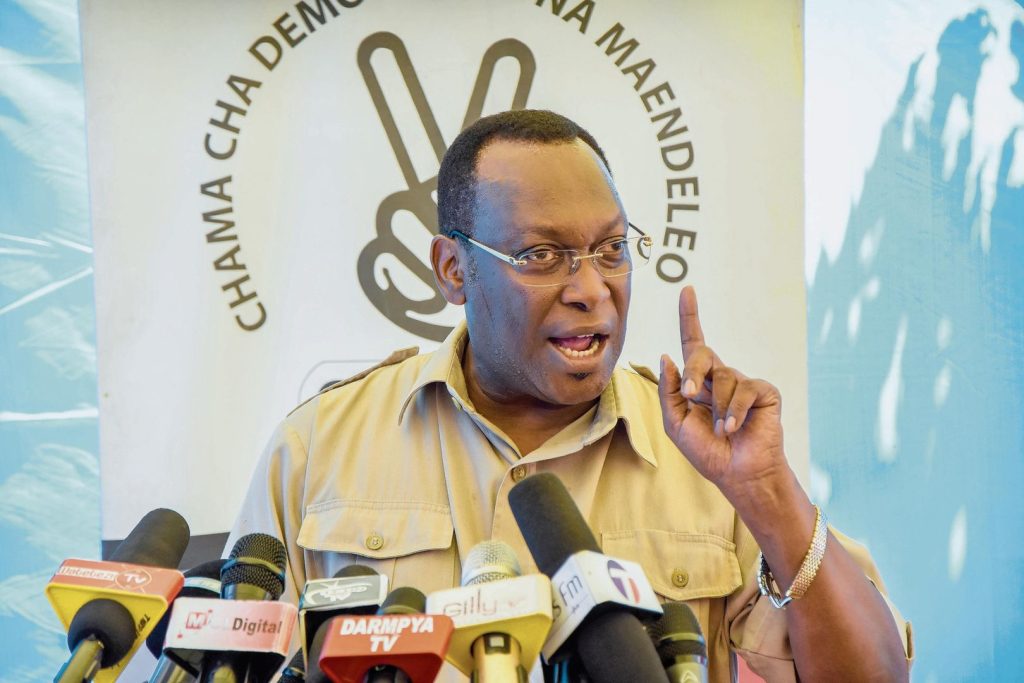
Mbowe became the Chadema Chairman in 2004, taking over from Bob Makani. During his time, he helped Chadema grow from a small party into Tanzania’s main opposition force. He expanded the party’s support in villages and towns, introduced creative campaigns, and spoke out for democratic reforms.
As one of the founders of Chadema in 1992, Mbowe was described as a smart and strategic leader. He was praised for his efforts in policy development, fighting for democracy and human rights, raising funds, and helping the party grow. He also worked to increase Chadema’s influence in mainland Tanzania and Zanzibar.
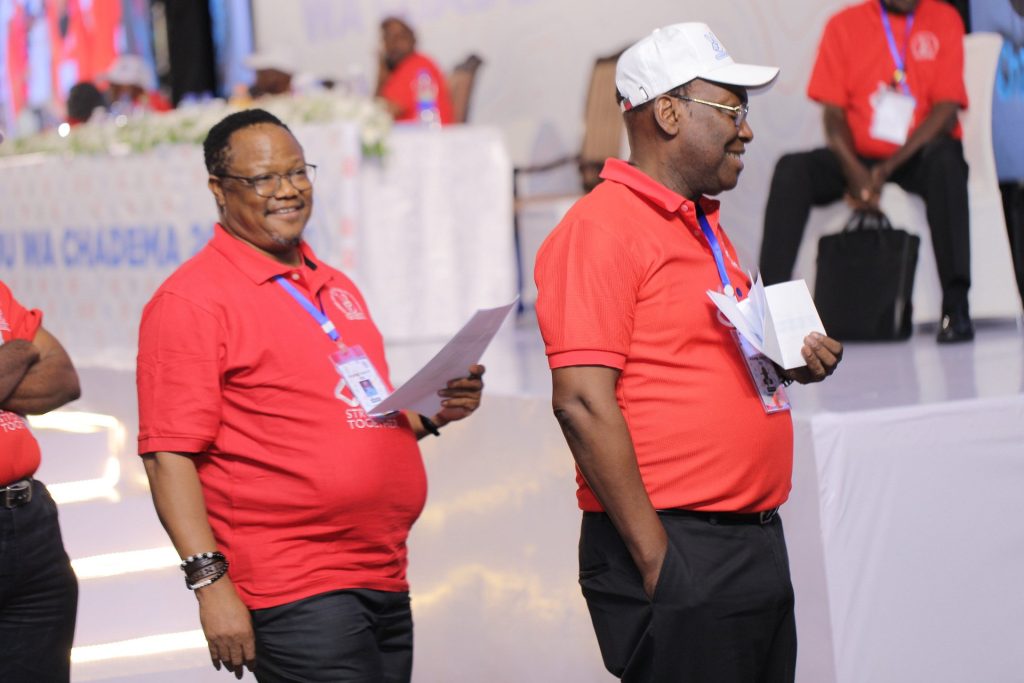
He also championed reforms in the health system, education sector, laws governing mineral exploration, and Tanzania’s natural ecosystem.
But his leadership was not without challenges. In July 2021, Freeman Mbowe was arrested alongside other party members in Mwanza during a political rally. He was charged with terrorism and was convicted for eight months without bail. In March 2022, the charges were dropped, and he was released. Immediately after his release, Mbowe and President Samia Suluhu initiated reconciliation talks to mend relations between Chadema and the ruling CCM party.
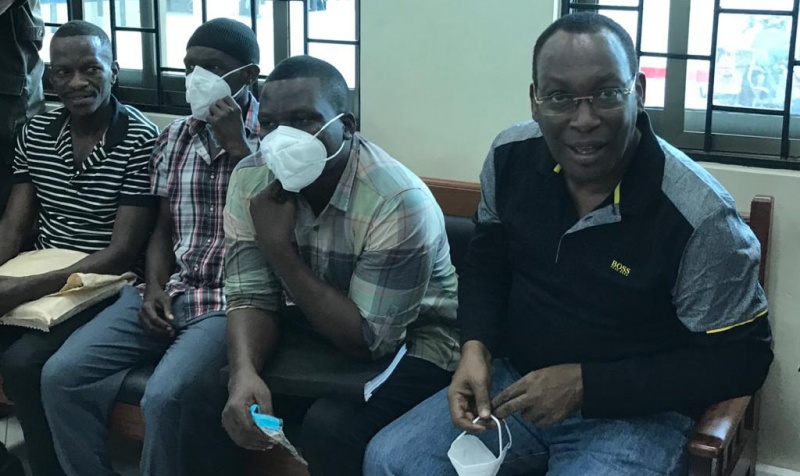
These talks aimed to address the injustices that happened during the late President Magufuli’s rule. However, many Chadema members were unhappy with the talks, saying they did not solve major issues like unfair elections.
Tundu Lissu, who was then the Vice Chairman and is now the Chadema Chairman, said he would not support reconciliation unless important demands were met. Lissu demanded the constitution of a new electoral commission, a new constitution, an independent commission including the judiciary, and reforms in the election body. Also, Lissu demanded compensation following his attack in 2017.
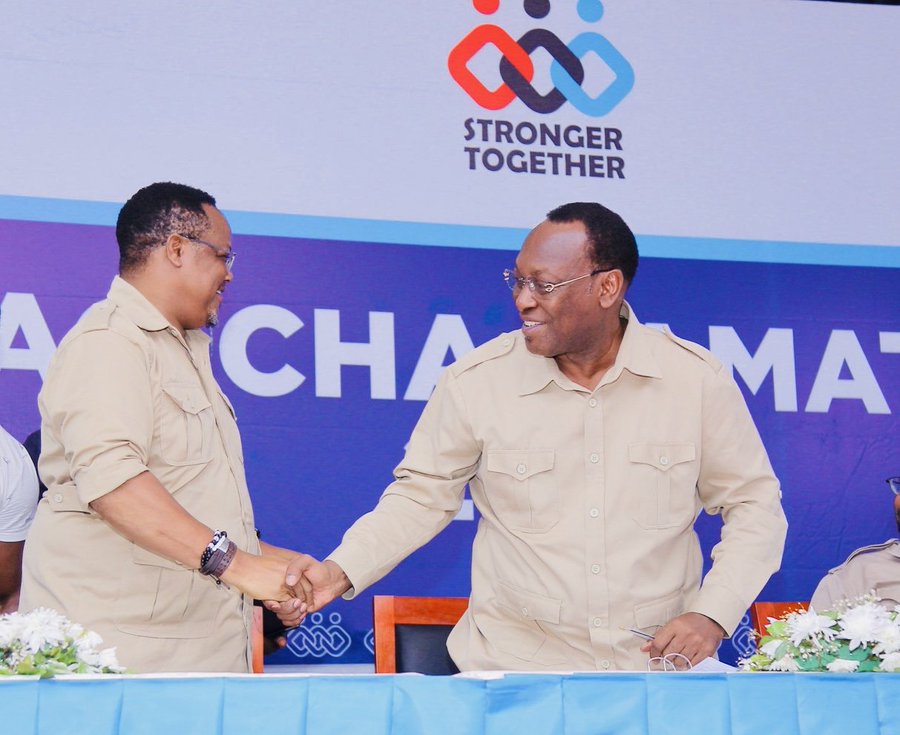
At times, Mbowe’s softer approach to the president and the reconciliation process made some party members accuse him of being too close to the government. There were also claims of corruption in the party, with critics saying he allowed shady money dealings. Lissu was one of those who spoke out against what he called “dirty money” in Chadema.
In August 2024, Mbowe was arrested again, along with other Chadema supporters in a nationwide crackdown over a planned demonstration. Mbowe was later released on bail, a day after his arrest.
When it was time for party elections, Mbowe was unsure if he would run again. After consulting with his family, friends, and supporters, he decided to seek a fourth term. During the campaigns, Lissu used the accusations against Mbowe to gain support.
In the end, Lissu was elected the new Chadema party Chairman, bringing to an end Mbowe’s 21 years of leadership of the party.
